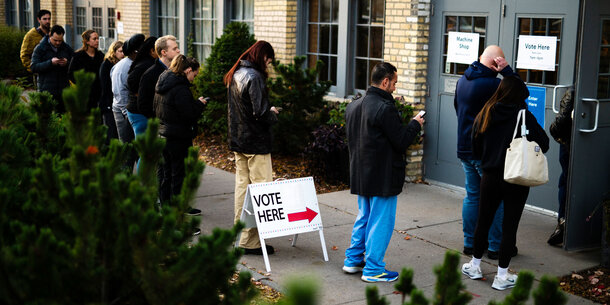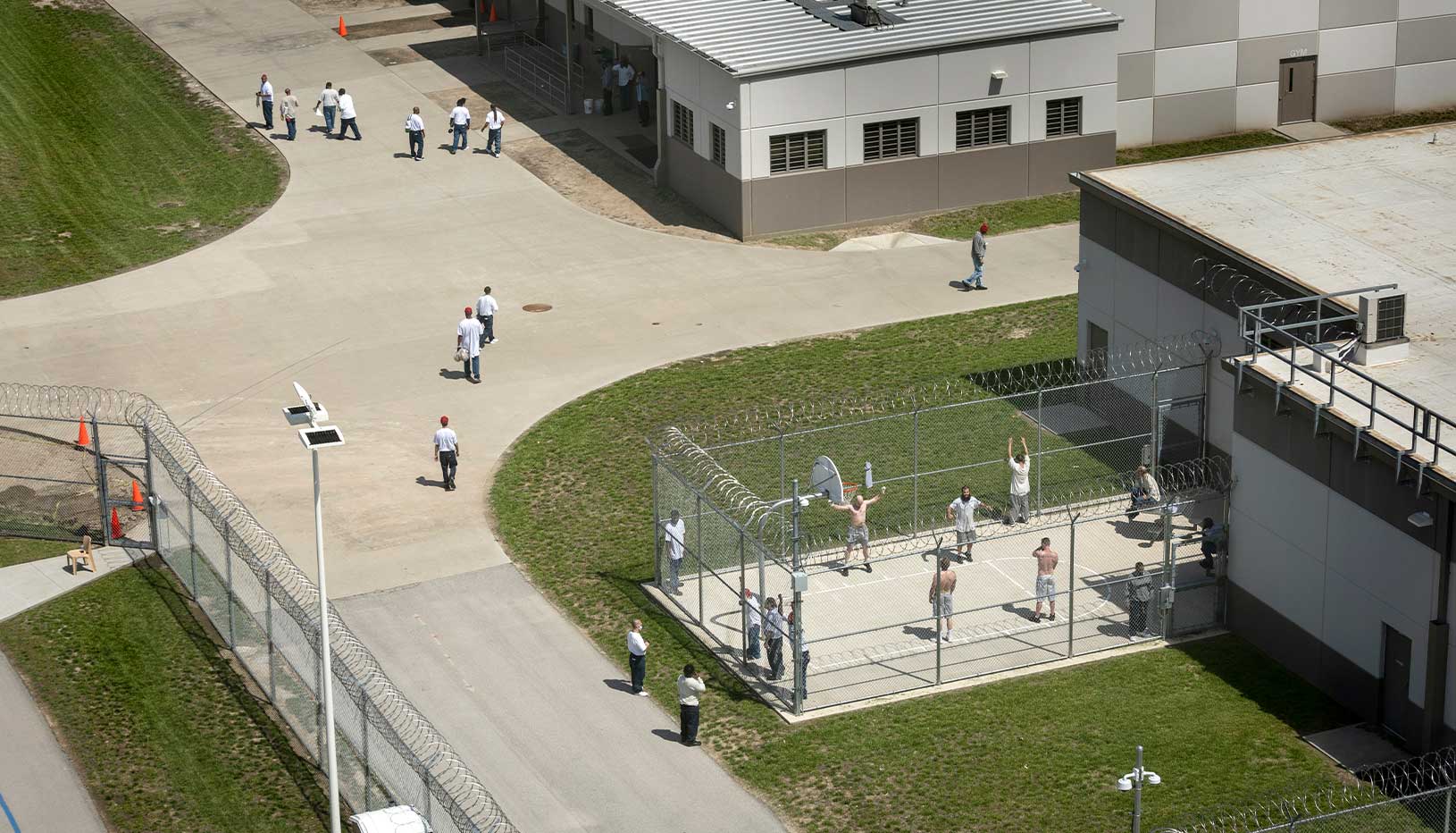Yesterday, the Trump administration officially gave up its fight to add an unprecedented and untested citizenship question to the 2020 census. The administration’s concession — announced in a White House press conference and accompanying executive order — is a major breakthrough in the fight for a fair and accurate count, removing one of the leading threats to the integrity of the census. But the 2020 census still faces challenges that require urgent and careful attention.
The administration’s abandonment of the citizenship question closed out two weeks of frenzy that cast considerable confusion on the status of the census. At the end of June, the U.S. Supreme Court issued a decision striking down the question, affirming rulings by three federal courts that the administration’s proposal was illegal. In the wake of the Court’s ruling, Commerce Secretary Wilbur Ross announced that the printer had begun printing the census questionnaire without the question. Meanwhile, attorneys from the Justice Department informed a federal judge that the administration did not plan to pursue the question, only to reverse course when President Trump announced the opposite. The flip-flopping was not only confusing, it also obscured the primary issue facing the administration: any attempt to get the question on the upcoming census would have been legally futile.
With the question at a legal dead-end, Trump ultimately conceded to reality and issued an executive order calling the Census Bureau to collect pre-existing administrative records on citizenship from other federal agencies. The order effectively reinforces data-gathering efforts that the Bureau was already undertaking. The Bureau will use the records it receives to supplement the data it already collects from the American Community Survey, an annual survey sent to 2.5 percent of American households that has provided the federal government with accurate citizenship data for years.
While the courts ultimately blocked the citizenship question, the administration’s efforts pursuing it have caused long-term damage to public trust in the Census Bureau and exacerbated fears among immigrants and communities of color about responding to the 2020 census. That damage will take a lot to undo.
The administration should begin by broadcasting its commitment to following the laws that strictly protect the confidentiality of census data. In yesterday’s order, Trump stated, “[u]nder my Administration, the data confidentiality protections in Title 13 shall be fully respected.” He firmly acknowledged that census data “may not, and shall not, be used to bring immigration enforcement actions against particular individuals.” And he committed to ensuring that the Census Bureau will use the citizenship data it collects “solely to produce statistics.” Now that the president has committed his administration to not using census data to harm anyone who responds to the census (which is what the law requires), the administration should amplify that commitment across the country.
Advocates need to continue pressuring the administration to combat things like the digital divide, cybersecurity issues confronting the new, internet-based census approach, and the potential for a differential undercount. Congress will need to engage in heavy oversight of the Census Bureau. And states and local governments must step up efforts to ensure their residents get counted, including through aggressive advertising campaigns letting everyone know that the 2020 census will not include a citizenship question. Everyone can do their part to ensure a fair and accurate 2020 census.
(Image: Getty/Win McNamee)





